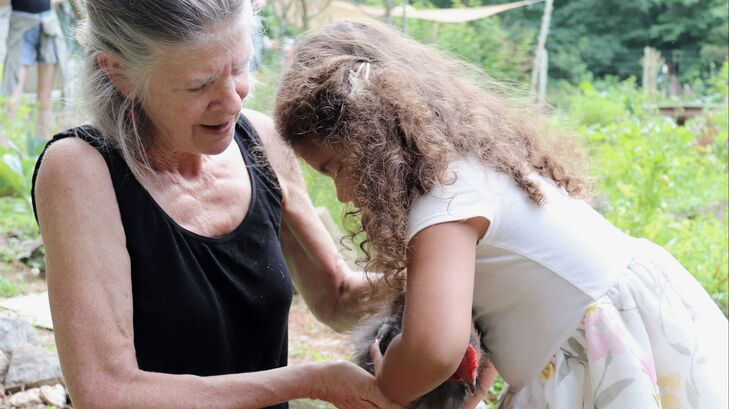Katie Reily
- Transdisciplinary Therapeutic Education
- Speech Language Pathology
- Pre K - Grade 12 Assessments
|
Diet & Learning
Quick Facts:
• Sugar compromises thinking. Omega 3s protect learning and Memory. • The importance of a high protein diet and elimination of some foods increase focus, as reported from Ned Hallowell's Treatment Center for ADHD in Massachusetts. • Eating foods close to their natural form such as fermented foods, cultured foods, and living foods in general, help maintain a healthy gut ecology. This in turn helps keep the mind sharp, the emotions balanced and stamina strong. Click here for more links and information about diet and learning > Sensory Regulation for Learning and Social SuccessQuick Facts:
• Developmental speech and language disorders are frequently associated with motor problems. • Being able to recognize and adjust your sensory states keeps others feeling comfortable and interested in being around you. Click here for more information > Being Social means understanding nuanceRead Katie's blog post about learning how to be social.
http://justrightacademy.org/2013/07/31/social-thinking-at-jra/ |
